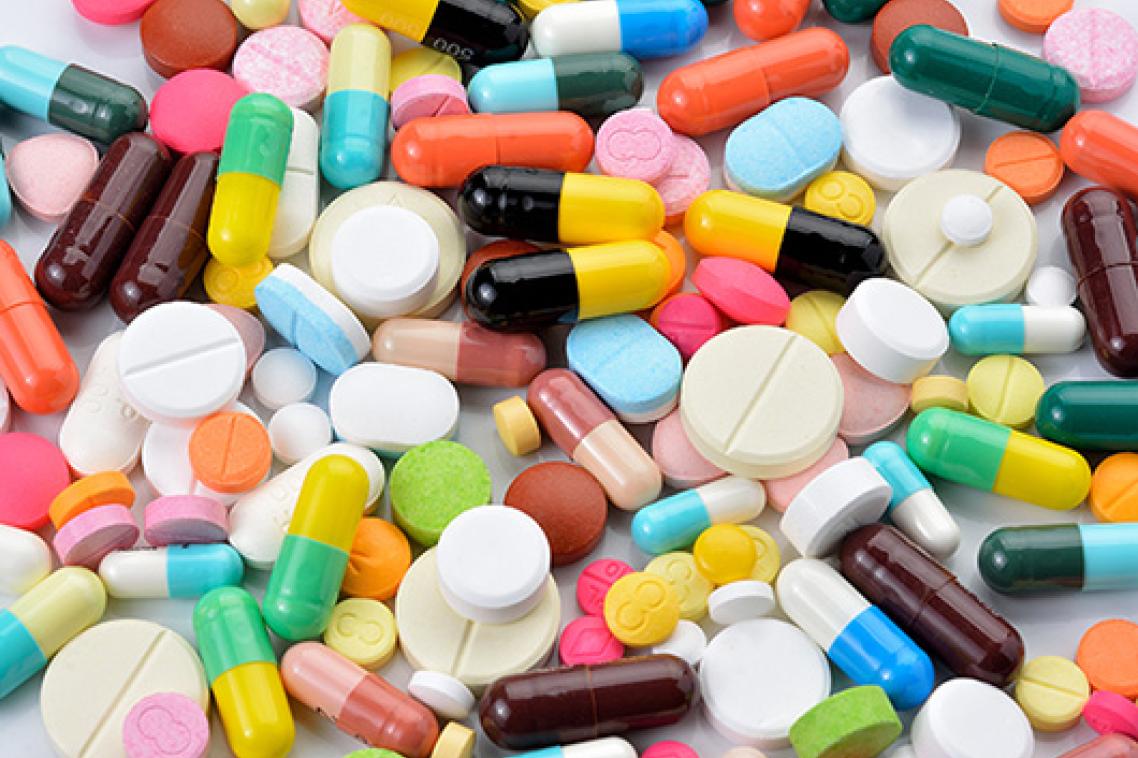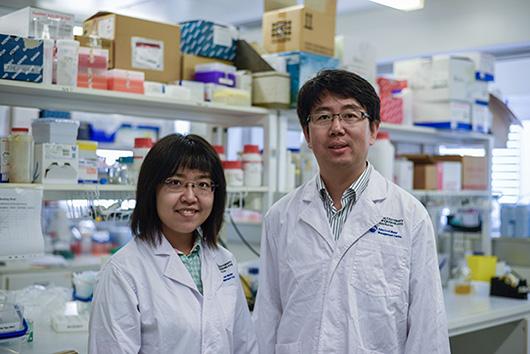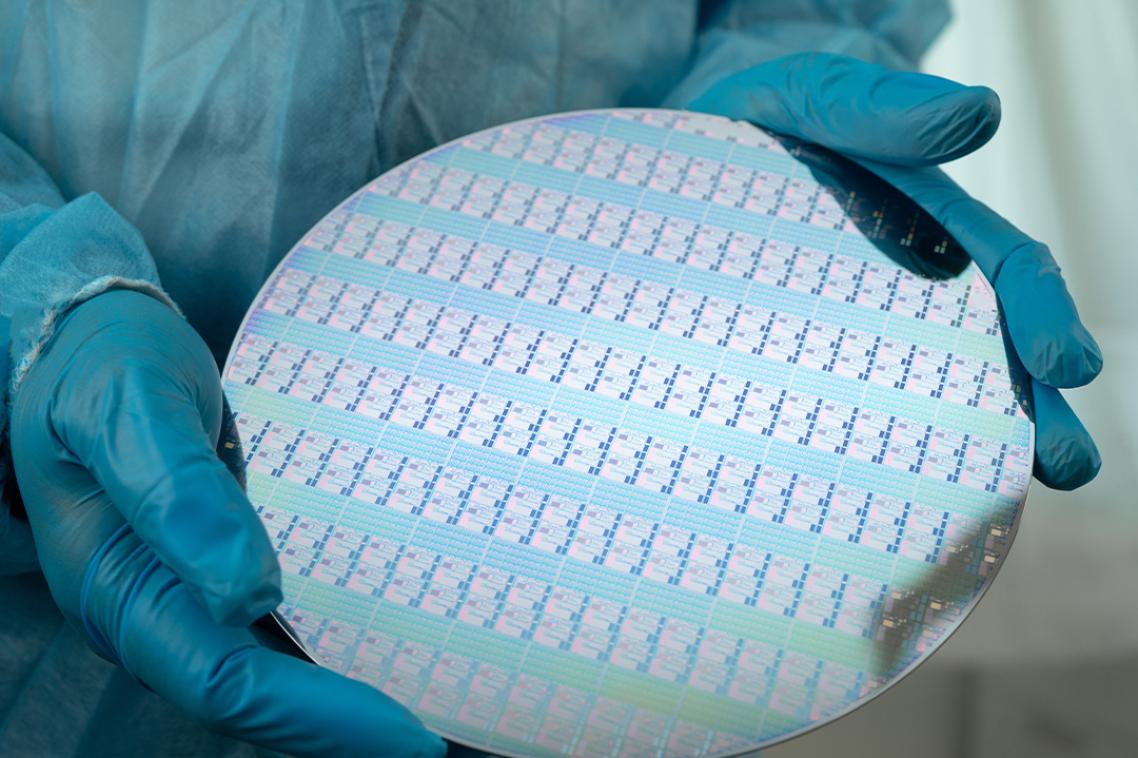Common antidepressants can increase antibiotic resistance

University of Queensland researchers have found a range of commonly prescribed antidepressants can increase bacteria’s resistance to antibiotic medications.
A study led by Professor Jianhua Guo from UQ’s Australian Centre for Water and Environmental Biotechnology focused on prescription drugs used to treat depressive disorders, anxiety disorders, and other psychological conditions.
More than 42 million prescriptions were dispensed for antidepressant medications in Australia in 2021 and the study investigated bacterial exposure to five of the most common drugs - sertraline (Zoloft), escitalopram (Lexapro), bupropion (Welbutrin), duloxetine (Cymbalta) and agomelatine (Valdoxan).

Dr Yue Wang (left) and Professor Jianhua Guo (right).
“While the overuse of antibiotics is acknowledged as the major driver of bacterial resistance, we wanted to investigate if other common medications were contributing to the problem,” Professor Guo said.
“Sertraline, duloxetine and fluoxetine had the strongest impact on bacterial resistance to antibiotics among the drugs we tested.
“Our study showed a marked increase in antibiotic resistance from those three, even at very low doses.
“Notably, the antibiotic resistance appears to be antidepressant-dependent, which may be due to oxidative stress in bacteria posed by antidepressants.
“Further studies need to evaluate the potential effects on the microbiomes of people given antidepressants and assess their risk gastrointestinal disturbances or diseases.”
It is estimated 1.27 million people die every year from infections which do not respond to medication and the figure is predicted to reach 10 million by 2050 unless global action is taken.
The study was published in Proceedings of the National Academy of Sciences (PNAS) and was funded by the Australian Research Council Discovery Project, and the UQ Foundation Research Excellence Awards.
Related articles

National guidelines to revolutionise concussion treatment

Superconducting germanium made with industry-compatible methods
Media contact
UQ Communications
communications@uq.edu.au
+61 429 056 139
